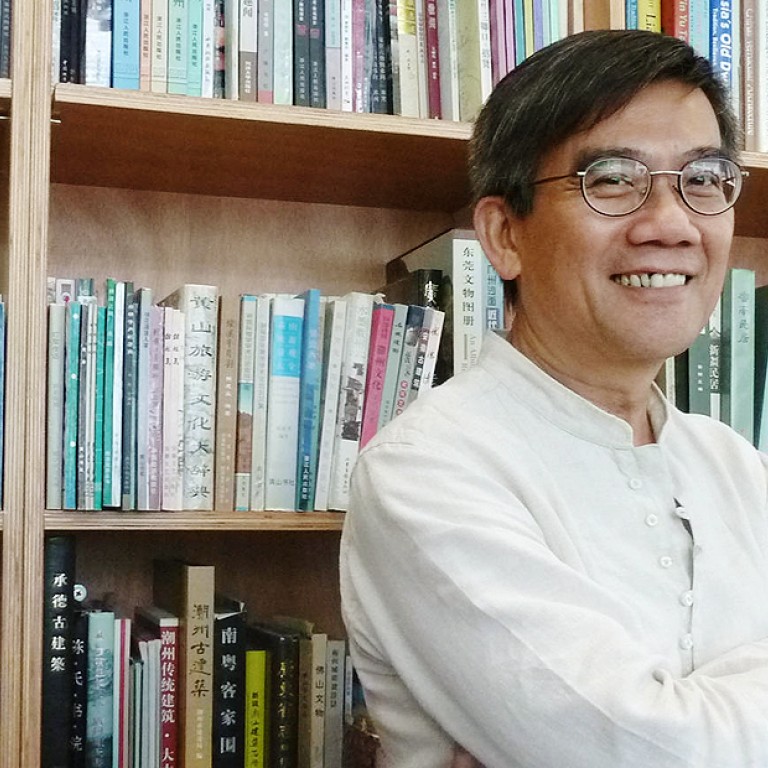
'New trust can't serve as funding dodge'
An Antiquities Advisory Board member has warned the government against washing its hands of its conservation responsibilities by setting up a trust to fund the renovation of private historic buildings.
An Antiquities Advisory Board member in charge of the city's semi-official heritage trust has warned the government against washing its hands of its conservation responsibilities by setting up a trust to fund the renovation of private historic buildings.
Professor Ho Puay-peng, chairman of the Lord Wilson Heritage Trust Council, a statutory body tasked with promoting both tangible and intangible cultural heritage in Hong Kong, spoke out in response to the Antiquities Advisory Board's public consultation document.
It proposes creating a trust specifically for historic buildings which would promote public participation and raise funds from non-governmental sources. The suggestion stemmed from a government-commissioned study in 2011, which recommended setting up a self-financing trust with seed money of HK$900 million.
"My initial opinion is that it's not going to work if it's to take over the government's renovation or revitalisation projects," said Ho, who is also the director of Chinese University's Centre for Architectural Heritage Research.
At present, the Development Bureau subsidises the maintenance of privately owned graded historic buildings with a cap at HK$1 million each. It also runs a scheme to revitalise government-owned buildings.
Last year, there were 105 declared monuments in Hong Kong, and 917 graded historic buildings of which 714 were privately owned, although this is subject to an ongoing reassessment.
Given these figures, Ho believed the 2011 study had underestimated the annual running costs of a new heritage trust, which it put at HK$60 million.
"Of course you can target smaller projects, but HK$60 million is quite a small amount," said Ho, whose trust has subsidised 157 community projects to the tune of HK$42 million since it was founded in 1992. Its current focus is on funding independent research.
He believed that a heritage trust would not be able to take over the official revitalisation and maintenance schemes unless it was government-funded.
"I think what the government has in mind is to have a trust to replace some of the jobs it is doing, which I support… [But] if the government wants to wash its hands of supporting the revitalisation projects, then I think it will not work.
"The government still has to do the revitalisation projects. But if there is a trust for education, promotion and publishing research; looking after tangible and intangible conservation; running a few houses or museums … I think that will be quite successful."
He said the government had "done a great job in conservation and revitalisation over the past six or seven years", and dismissed the idea of his trust expanding to take over the role.
Ho said: "I think it would be good to expand the existing trust, but not to the extent of taking over revitalisation projects which the Development Bureau has already been doing."
The Antiquities Advisory Board's review was triggered by a debate over the failure to preserve Ho Tung Gardens, a mansion on The Peak, which was demolished last year. The public consultation ends next Monday.
